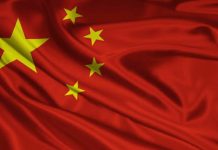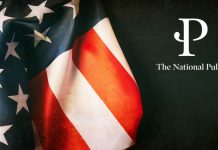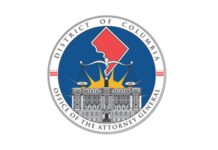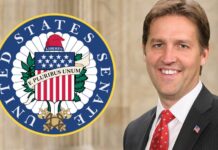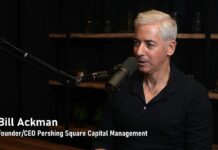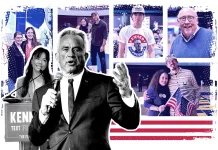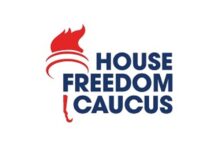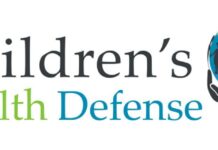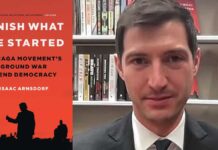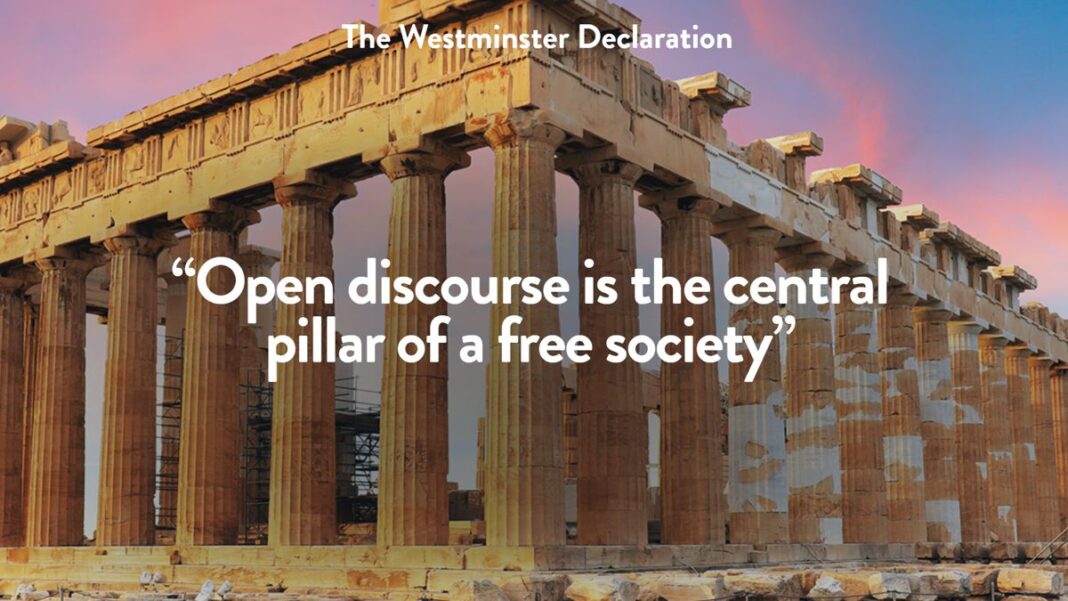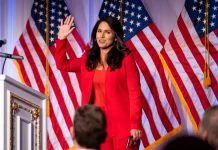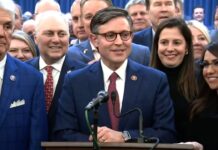“Open discourse is the central pillar of a free society”
Visit The Westminster Declaration Website
We write as journalists, artists, authors, activists, technologists, and academics to warn of increasing international censorship that threatens to erode centuries-old democratic norms.
Coming from the left, right, and centre, we are united by our commitment to universal human rights and freedom of speech, and we are all deeply concerned about attempts to label protected speech as ‘misinformation,’ ‘disinformation,’ and other ill-defined terms.
This abuse of these terms has resulted in the censorship of ordinary people, journalists, and dissidents in countries all over the world.
Such interference with the right to free speech suppresses valid discussion about matters of urgent public interest, and undermines the foundational principles of representative democracy.
Across the globe, government actors, social media companies, universities, and NGOs are increasingly working to monitor citizens and rob them of their voices. These large-scale coordinated efforts are sometimes referred to as the ‘Censorship-Industrial Complex.’
This complex often operates through direct government policies. Authorities in India[1] and Turkey[2] have seized the power to remove political content from social media. The legislature in Germany[3] and the Supreme Court in Brazil[4] are criminalising political speech. In other countries, measures such as Ireland’s ‘Hate Speech’ Bill[5], Scotland’s Hate Crime Act[6], the UK’s Online Safety Bill[7], and Australia’s ‘Misinformation’ Bill[8] threaten to severely restrict expression and create a chilling effect.
But the Censorship Industrial Complex operates through more subtle methods. These include visibility filtering, labelling, and manipulation of search engine results. Through deplatforming and flagging, social media censors have already silenced lawful opinions on topics of national and geopolitical importance. They have done so with the full support of ‘disinformation experts’ and ‘fact-checkers’ in the mainstream media, who have abandoned the journalistic values of debate and intellectual inquiry.
As the Twitter Files revealed, tech companies often perform censorial ‘content moderation’ in coordination with government agencies and civil society. Soon, the European Union’s Digital Services Act will formalise this relationship by giving platform data to ‘vetted researchers’ from NGOs and academia, relegating our speech rights to the discretion of these unelected and unaccountable entities.
Some politicians and NGOs[9] are even aiming to target end-to-end encrypted messaging apps like WhatsApp, Signal, and Telegram.[10] If end-to-end encryption is broken, we will have no remaining avenues for authentic private conversations in the digital sphere.
Although foreign disinformation between states is a real issue, agencies designed to combat these threats, such as the Cybersecurity and Infrastructure Security Agency in the United States, are increasingly being turned inward against the public. Under the guise of preventing harm and protecting truth, speech is being treated as a permitted activity rather than an inalienable right.
We recognize that words can sometimes cause offence, but we reject the idea that hurt feelings and discomfort, even if acute, are grounds for censorship. Open discourse is the central pillar of a free society, and is essential for holding governments accountable, empowering vulnerable groups, and reducing the risk of tyranny.
Speech protections are not just for views we agree with; we must strenuously protect speech for the views that we most strongly oppose. Only in the public square can these views be heard and properly challenged.
Visit The Westminster Declaration Website
What’s more, time and time again, unpopular opinions and ideas have eventually become conventional wisdom. By labelling certain political or scientific positions as ‘misinformation’ or ‘malinformation,’ our societies risk getting stuck in false paradigms that will rob humanity of hard-earned knowledge and obliterate the possibility of gaining new knowledge. Free speech is our best defence against disinformation.
The attack on speech is not just about distorted rules and regulations – it is a crisis of humanity itself. Every equality and justice campaign in history has relied on an open forum to voice dissent. In countless examples, including the abolition of slavery and the civil rights movement, social progress has depended on freedom of expression.
We do not want our children to grow up in a world where they live in fear of speaking their minds. We want them to grow up in a world where their ideas can be expressed, explored and debated openly – a world that the founders of our democracies envisioned when they enshrined free speech into our laws and constitutions.
The US First Amendment is a strong example of how the right to freedom of speech, of the press, and of conscience can be firmly protected under the law. One need not agree with the U.S. on every issue to acknowledge that this is a vital ‘first liberty’ from which all other liberties follow. It is only through free speech that we can denounce violations of our rights and fight for new freedoms.
There also exists a clear and robust international protection for free speech. The Universal Declaration of Human Rights (UDHR)[11] was drafted in 1948 in response to atrocities committed during World War II. Article 19 of the UDHR states, ‘Everyone has the right to freedom of opinion and expression; this right includes freedom to hold opinions without interference and to seek, receive and impart information and ideas through any media and regardless of frontiers.’ While there may be a need for governments to regulate some aspects of social media, such as age limits, these regulations should never infringe on the human right to freedom of expression.
As is made clear by Article 19, the corollary of the right to free speech is the right to information. In a democracy, no one has a monopoly over what is considered to be true. Rather, truth must be discovered through dialogue and debate – and we cannot discover truth without allowing for the possibility of error.
Censorship in the name of ‘preserving democracy’ inverts what should be a bottom-up system of representation into a top-down system of ideological control. This censorship is ultimately counter-productive: it sows mistrust, encourages radicalization, and de-legitimizes the democratic process.
In the course of human history, attacks on free speech have been a precursor to attacks on all other liberties. Regimes that eroded free speech have always inevitably weakened and damaged other core democratic structures. In the same fashion, the elites that push for censorship today are also undermining democracy. What has changed though, is the broad scale and technological tools through which censorship can be enacted.
We believe that free speech is essential for ensuring our safety from state abuses of power – abuses that have historically posed a far greater threat than the words of lone individuals or even organised groups. For the sake of human welfare and flourishing, we make the following 3 calls to action.
- We call on governments and international organisations to fulfill their responsibilities to the people and to uphold Article 19 of the UDHR.
- We call on tech corporations to undertake to protect the digital public square as defined in Article 19 of the UDHR and refrain from politically motivated censorship, the censorship of dissenting voices, and censorship of political opinion.
- And finally, we call on the general public to join us in the fight to preserve the people’s democratic rights. Legislative changes are not enough. We must also build an atmosphere of free speech from the ground up by rejecting the climate of intolerance that encourages self-censorship and that creates unnecessary personal strife for many. Instead of fear and dogmatism, we must embrace inquiry and debate.
We stand for your right to ask questions. Heated arguments, even those that may cause distress, are far better than no arguments at all.
Censorship robs us of the richness of life itself. Free speech is the foundation for creating a life of meaning and a thriving humanity – through art, poetry, drama, story, philosophy, song, and more.
This declaration was the result of an initial meeting of free speech champions from around the world who met in Westminster, London, at the end of June 2023. As signatories of this statement, we have fundamental political and ideological disagreements. However, it is only by coming together that we will defeat the encroaching forces of censorship so that we can maintain our ability to openly debate and challenge one another. It is in the spirit of difference and debate that we sign the Westminster Declaration.
Visit The Westminster Declaration Website


